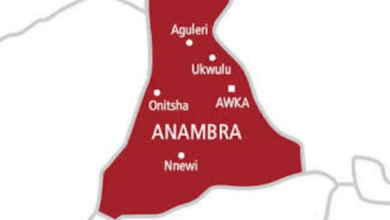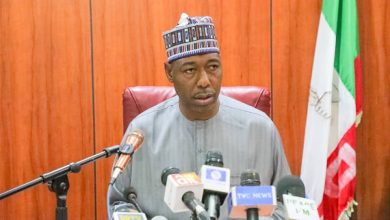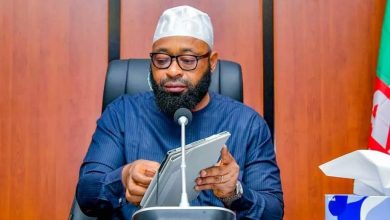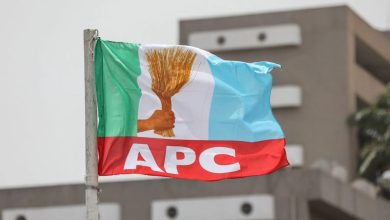Senator Akpabio Removes Natasha Akpoti-Uduaghan as Diaspora Committee Chair
Senator Natasha Akpoti-Uduaghan has been removed as Chair of the Senate Diaspora and NGOs Committee.
This marks her second committee ouster, leaving her without a leadership role in the 10th Assembly.
SEE ALSO: Natasha Akpoti-Uduaghan to Resume Senate Duties
President of the Senate, Godswill Akpabio, has removed Senator Natasha Akpoti-Uduaghan as Chairperson of the Senate Committee on Diaspora and Non-Governmental Organizations (NGOs), marking the second time the Kogi Central lawmaker has been stripped of a committee leadership role within the 10th National Assembly.
Senator Akpoti-Uduaghan had previously served as Chair of the Senate Committee on Local Content, but was removed from that position earlier in February. She was subsequently reassigned to lead the Diaspora and NGOs Committee, a role many viewed as a strategic, though less influential, repositioning within the Senate leadership structure. However, with the latest announcement, she is now left without any committee chairmanship an unusual situation for a first-term senator who has maintained a high public profile.
Replacing her as Chair of the Diaspora and NGOs Committee is Senator Aniekan Bassey, who represents Akwa Ibom North-East. Bassey, a former Speaker of the Akwa Ibom State House of Assembly, is seen as a loyalist of the Senate leadership and a rising figure in legislative affairs.
The reasons behind Senator Akpoti-Uduaghan’s repeated removal from key Senate roles remain unclear. However, political observers speculate that internal party dynamics or perceived misalignment with Senate leadership may have influenced the decisions. Her supporters have voiced concerns over what they consider unfair treatment of one of the few female senators in the 10th Assembly, especially one from the opposition.
Senator Akpoti-Uduaghan, a member of the Peoples Democratic Party (PDP), has not publicly reacted to the latest development at the time of filing this report. The move has sparked fresh conversations around gender representation, party politics, and the allocation of leadership positions in Nigeria’s upper legislative chamber.



